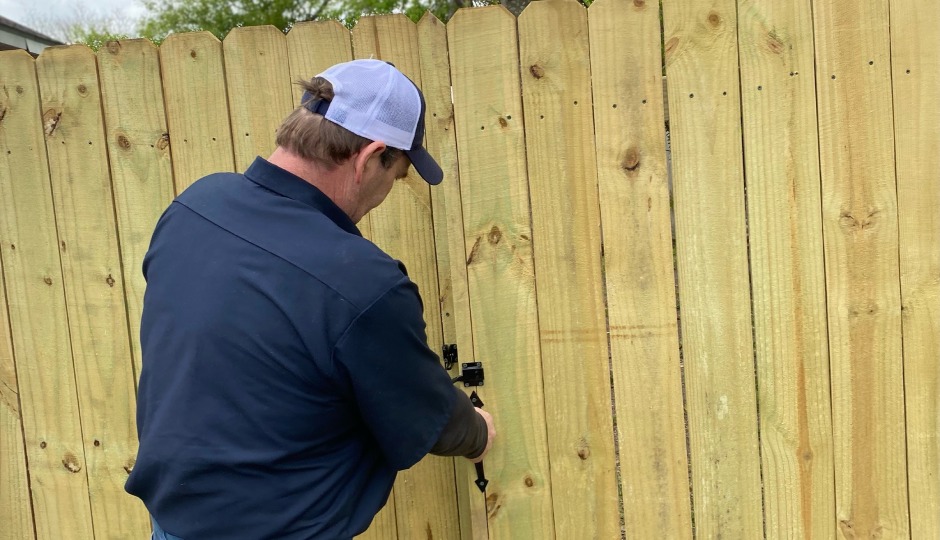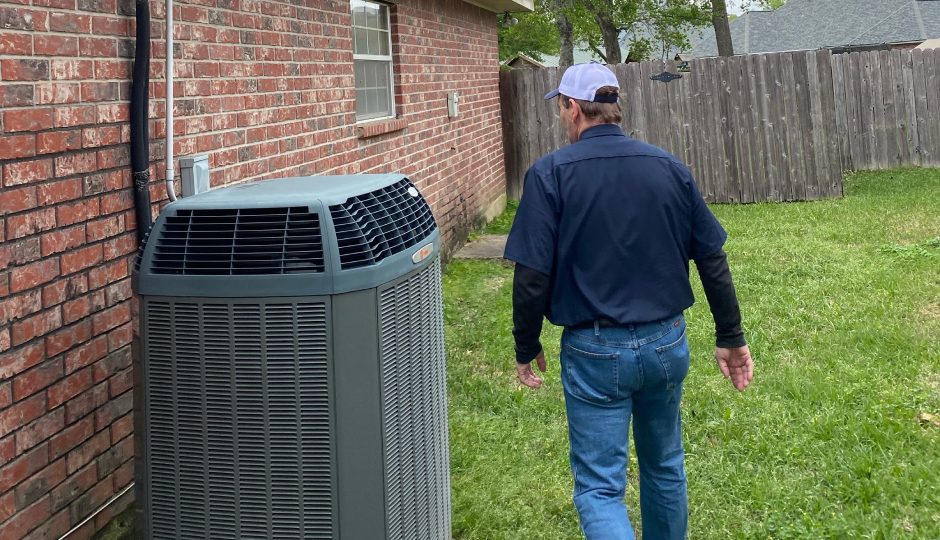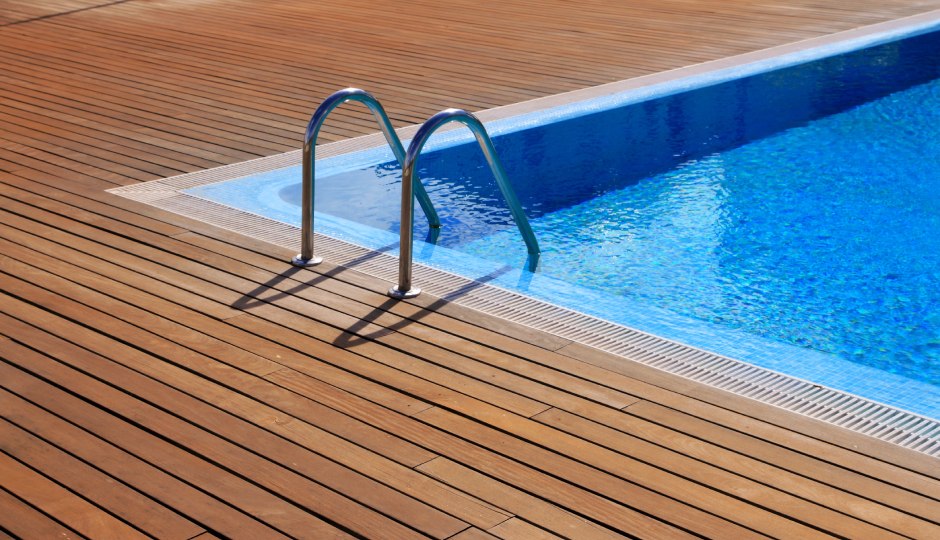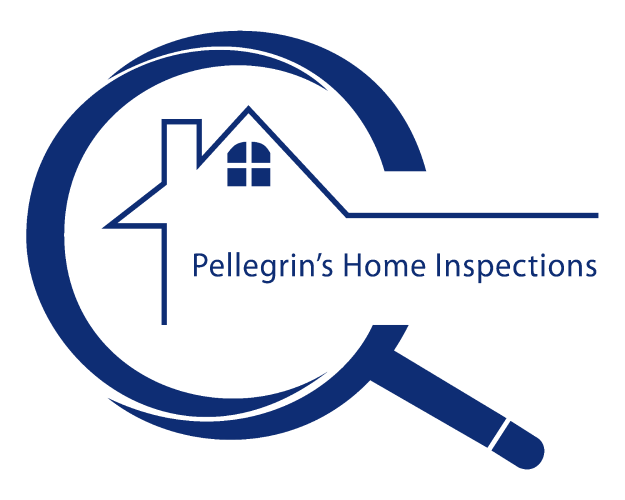Services & Fees
Our home inspections are performed with great care and attention to detail.
All inspections come with a termite inspection

Buyers Inspections
Buying a home is one of the biggest investments you will ever make. Before you buy, you should have a home inspection to avoid potentially costly repairs that would otherwise go undetected until they become even more costly. This is our typical home inspection that catches common defects so you understand the investment you’re making.

Pre-Listing Inspections
Some homeowners want to make repairs to their house before they put it on the market and will make repairs using their inspection report as a baseline reference. Please understand that most buyers will still want to perform their own inspection even if the seller has already had an inspection done.

Pool Inspections
A pool and spa inspection is a comprehensive assessment of the overall condition and safety of a property’s swimming pool and spa facilities. The inspection evaluates the structural integrity, equipment condition, water quality, and safety features of the pool and spa.
Residential Inspections
-
Up to 1200 sq.ft $425
-
1201 to 2000 sq.ft $450
-
2001 to 3000 sq.ft $500
-
3001 to 4500 sq.ft $550
-
Over 4500 sq.ft Call for Quote
Additional Fees
-
Older Homes +$50
(50 Plus years old)
-
Pool Inspections +$150
Frequently Asked Questions
Buying or selling a home can be a stressful experience, but we’re here to ensure you know what to expect during your home inspection.
A home inspection includes checking for any structural issues such as foundation cracks, roof leaks, plumbing issues, electrical wiring, heating/cooling systems, insulation, windows, doors, chimneys, etc. Depending on how big the property is, a home inspection typically takes 2-3 hours.
Ensure all inspection points are free from clutter, including any closets that might lead to a crawlspace or attic, and clearing some space around your home’s perimeter. It’s also important to check the functionality of all built-in appliances, electric, and gas. If you don’t plan to attend the inspection, make sure your inspector has access to the home, and all pets are properly contained or moved.
A home doesn’t pass or fail an inspection. Instead, a home inspection is a thorough audit of your home’s components. In most cases, there will be concerns marked on your home inspection report, but these are strictly informative.
While you can legally skip a home inspection in many cases, doing so could mean you may end up buying a home that has major issues that need to be fixed.
While a home inspector may recommend some minor repairs, they are not qualified to make major repairs. He or she can provide information about what needs to be repaired — and it might be helpful to know that information — but the decision to actually do the work lies solely with the homeowner. Not only does this give you the freedom to choose your contractors, but it also helps prevent a conflict of interest.
A home inspection can affect appraisals for two reasons: 1) The inspector may find something wrong with the property that would lower the value of the home, 2) The inspector may find things that need repair which could increase the value of the home. If the inspection finds issues that require repairs, then the seller has to decide whether they want to fix them themselves, or hire someone else to do it. If the buyer wants to purchase the home, he/she must be willing to pay for those repairs.
Introducing Repair Pricer
Looking to buy a home but not sure what repairs are needed or how much they’ll cost? We can help!
We use Repair Pricer, a cutting-edge software that turns any inspection report into an accurate repair estimate. With Repair Pricer, you can get a detailed breakdown of repair costs and negotiate with sellers to ensure you’re getting a fair deal. Whether you’re a first-time homebuyer or a seasoned investor, Repair Pricer takes the guesswork out of property repairs.

.png)